Do You Really Need to Drink Different Types of Water?
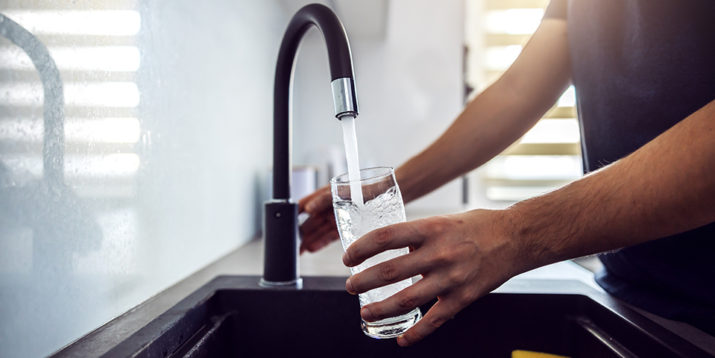
Water is crucial to life, so why did it get so complicated?
Sparking. Still. Alkaline. Purified. Filtered. Distilled. Tap. What’s the difference?
Is one water better than another?
The store shelves are lined with different types of bottled water — and that doesn’t include the kinds you can get or create at home, like carbonated water and filtered water.
It’s hard enough to stay hydrated sometimes, without worrying you’re drinking the wrong water!
Don’t let the options overwhelm you: Here’s what you need to know about different types of water and whether you need them.
1. Mineral Water
Mineral water is generally taken from springs and naturally contains different salts and minerals.
“Any nutritional differences among waters would be attributed to any minerals that are in them owing to where they are derived from,” says Dana Hunnes, Ph.D., M.P.H., R.D., a senior dietitian at the Ronald Reagan UCLA Medical Center.
Those minerals can include zinc, iron, potassium, selenium, magnesium, sodium, carbon, and more, adds Heidi Moretti, M.S., R.D.
Some of these minerals are essential to humans, with benefits like supporting strong bones, restful sleep, and healthy blood pressure.
But eating a diet with adequate calories and varied foods should meet your mineral needs, so you don’t need to count on any water to provide them.
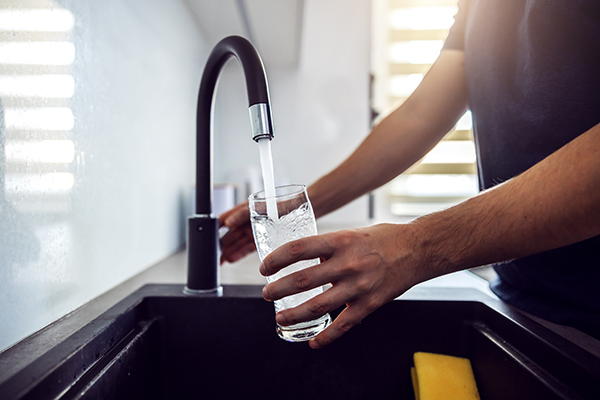
2. Tap Water
Tap water is what comes out of a sink at home or at a restaurant. Although it tends to get a bad rap, tap water is generally safe.
It can be your go-to water, says Emily Tills, M.S., R.D.N., C.D.N.
“This is monitored and tested daily to make sure it has safe levels of minerals within it,” she explains.
However, there are exceptions, Hunnes adds.
“It is possible that some waters may have low levels of chemicals in them as a result of contamination, such as arsenic, lead, or other farm runoff,” she says.
And occasionally, a city might issue a boil alert due to a breakdown or contamination. Those are usually short-lived.
Tap water does taste different depending on your location. That’s because of the minerals found in different regions.
If you’re are concerned with your tap water safety, you can request a Consumer Confidence Report.
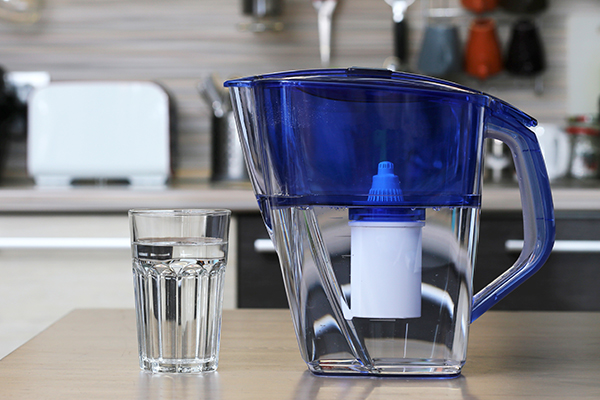
3. Filtered Water
Filtered water is simply tap water that’s been filtered after it leaves a public water supply to remove impurities, minerals, or other substances (like fluoride).
They can range from a Brita pitcher you keep in your fridge to a whole-house reverse-osmosis system that presses water through a semi-permeable membrane.
Tap water is generally safe, but if you choose to drink filtered water, don’t over filter it.
Some systems “remove healthy trace minerals from the water,” says Moretti.
4. Alkalized Water
Alkalized water claims to have a higher pH to help you alkalize your body — but this is mostly conjecture.
(Science review: Low pH is acidic; high pH is alkaline.)
“There is not much research on the efficacy of whether having more alkaline water can actually balance pH within the body,” says Tills.
But even if we had evidence, paying for this water isn’t necessary since, as she says, “the body can naturally regulate its own pH level.”
You’d have to drink alkalized water almost exclusively to achieve that, Hunnes says. (Don’t try it!)
Tills cautions that there may be side effects to messing with your body’s naturally regulated pH, too.
Raising our bodies’ pH “can alter certain processes in the body as well as affect digestion, which needs to be acidic to break down food particles.”
She suggests sticking with tap water.
5. Purified Water
Purified water is generally what you’ll get when you buy bottled water. But there are actually several different types of “purified” water, including distilled, deionized, and reverse osmosis water.
The biggest disadvantage of bottled water is, as Hunnes points out, that you can pay around $5 per gallon whereas tap water costs roughly $0.001 per gallon.
Pro tip: Since plastic bottles can leach chemicals into the water, Moretti suggests choosing glass if you have to drink bottled water.
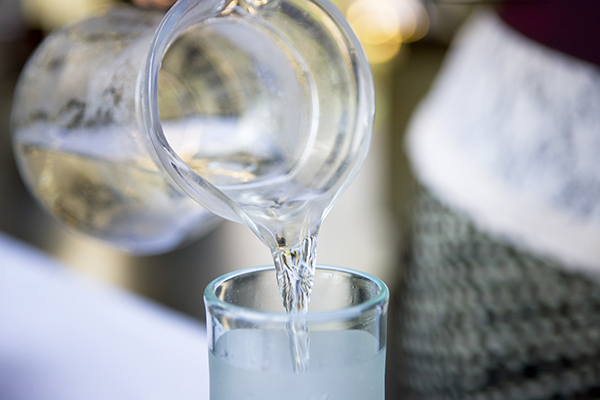
6. Distilled water
To distill water, it’s boiled into a vapor, then condensed in another container. This removes minerals and other particles that don’t vaporize.
This type of water is used for mixing infant formula, filling humidifiers and irons, and in other instances where mineral build-up isn’t wanted.
7. Deionized Water
This type of water is exposed to electrically charged resins. These resins attract salts that have a charge and remove them, leaving behind water that has no ions and, therefore, no charge.
This type of water is useful for cooling machines and processing food, cosmetics, and such. But do you need to buy it? Nope, according to experts.
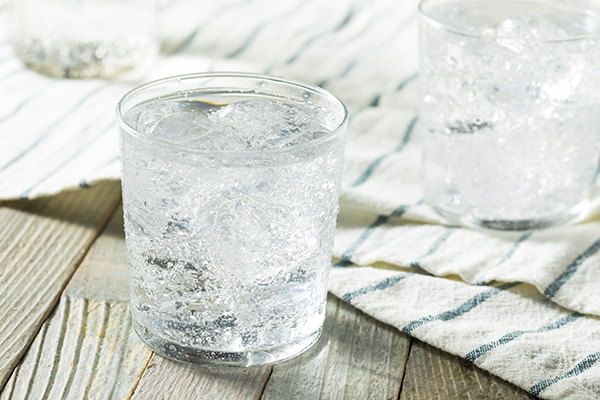
8. Sparkling Water
Sparkling water (including seltzer) is water that has added carbon dioxide. Although carbonation doesn’t change the nutrition of the water, sparkling waters do have one big benefit.
“Seltzer water can be a great alternative for those that are hooked on the fizz of soda or want something slightly flavored to help make drinking water easier,” Tills explains.
But the carbonation can be a double-edged sword. The bubbles may make you feel fuller, but they can also cause gas and bloating, says Tills.
Just don’t replace all your water with the fizzy stuff. Hunnes points out that carbonated water may damage your teeth.
Seltzer waters actually use carbonic acid to create bubbles.
